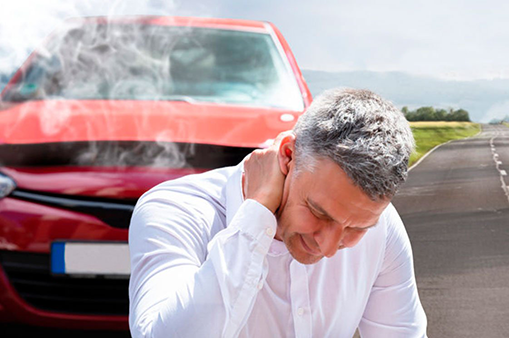ID, insurance card, medical history, list of medications, contact information
When visiting an accident clinic, it is crucial to be prepared and bring essential items to ensure a smooth and effective visit. Here are the key things you should bring with you:
1. Identification (ID): Carry a government-issued identification document such as a driver’s license or passport. This will verify your identity and help the clinic staff accurately record your information. It is especially important if you are a new patient.
2. Insurance Card: If you have health insurance, don’t forget to bring your insurance card. This card contains vital information such as your policy number, group number, and contact details for the insurance provider. Having this information readily available will expedite the registration and billing process.
3. Relevant Medical Records: If you have any medical records related to your current condition, it is essential to bring them with you. These records might include X-rays, MRIs, lab test results, or reports from previous appointments. Providing this information to the clinic staff will aid in accurate diagnosis and appropriate treatment planning.
4. List of Medications: Make sure to prepare a comprehensive list of all the medications you are currently taking, along with their dosages and frequencies. This list should include prescription medications, over-the-counter drugs, and any supplements or herbal remedies you are using. Providing an accurate medication list will help the healthcare professionals avoid any potential drug interactions and ensure your safety during treatment.
5. Contact Information: It is advisable to carry a list of emergency contacts, including the names and phone numbers of your primary care physician, immediate family members, and any other important contacts. This will enable the accident clinic staff to reach out to your loved ones or healthcare providers if necessary.
6. Allergy Information: If you have any known allergies to medications, foods, or other substances, make sure to inform the clinic staff and carry relevant documentation. This will help them take appropriate precautions and avoid any potential allergic reactions during your treatment.
7. Personal Health Information: If you have a pre-existing medical condition, it is advisable to bring relevant documents or records that detail your condition. This includes information about chronic illnesses, surgeries, or any specific details that may impact your current medical care.
8. Personal Comfort Items: While not essential, bringing personal comfort items can make your visit to the accident clinic more comfortable. Consider bringing a book or magazine, headphones, or a small portable electronic device to help pass the time during any waiting periods.
Remember, accidents can be stressful, and having these essential items with you will ensure that your visit to the accident clinic goes smoothly. Being prepared will help the healthcare professionals provide you with the best possible care and achieve an accurate diagnosis, leading to effective treatment for your injuries or medical condition.


